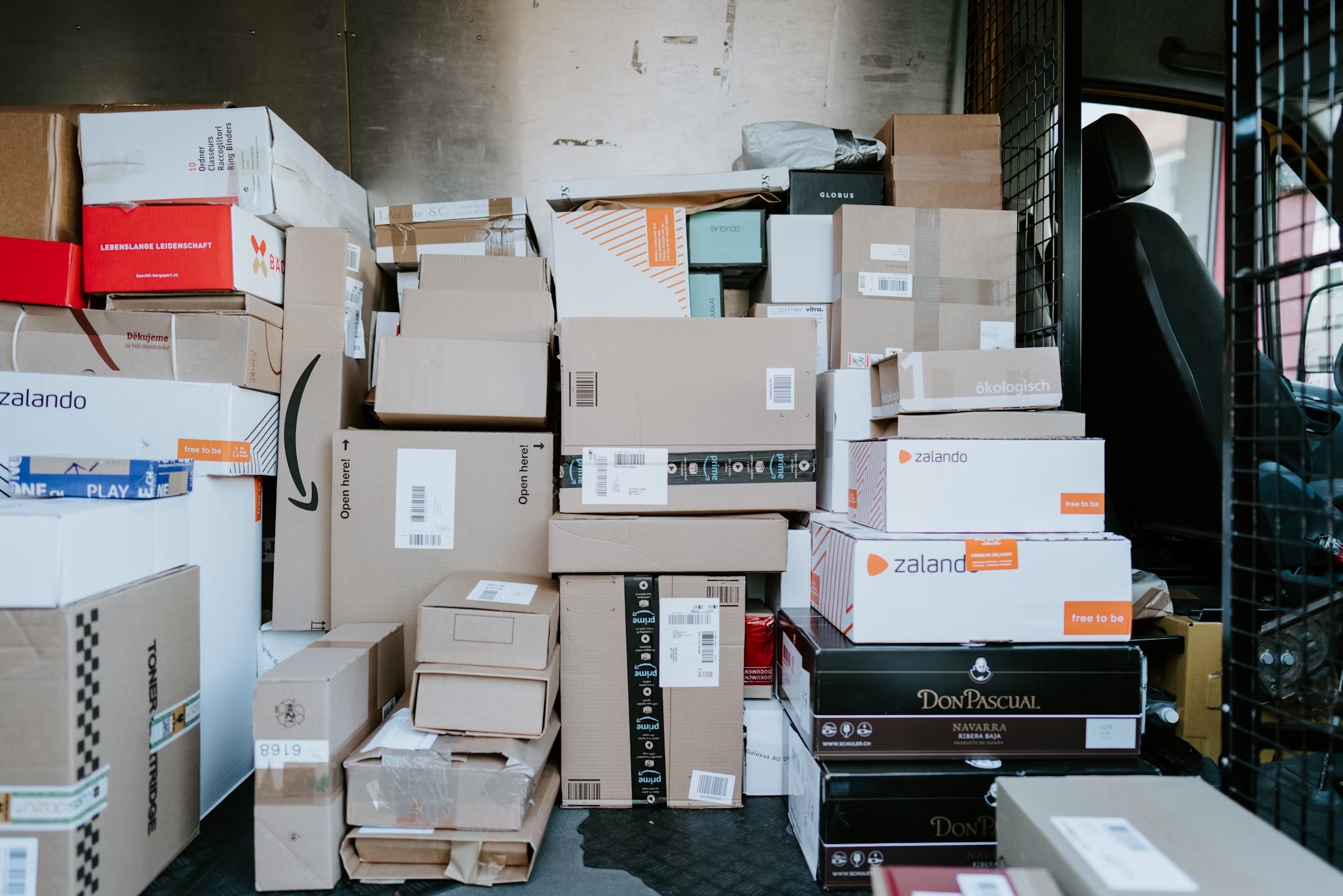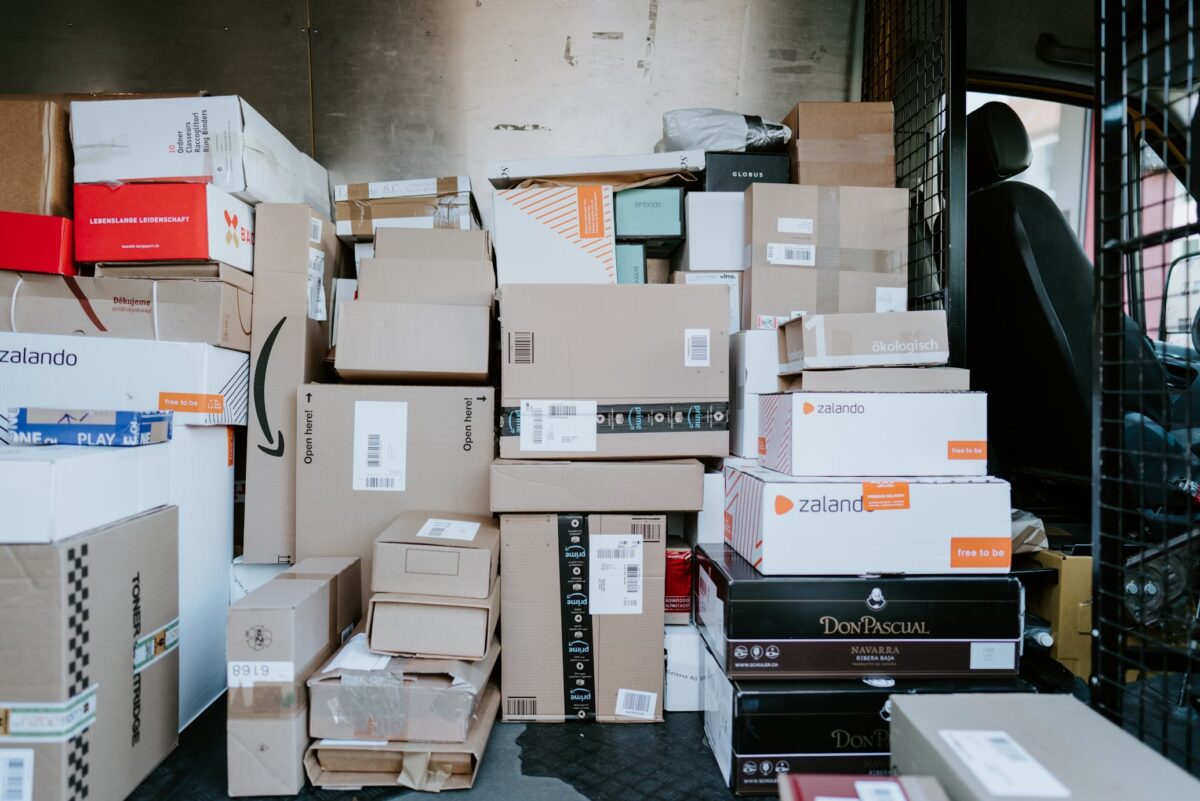Packaging Waste from Online Shopping
In the era of booming e-commerce, no one can deny the convenience brought by online platforms. However, alongside this growth comes a serious issue: the enormous volume of packaging waste. According to a report by postal and delivery agencies, Vietnam’s e-commerce sector delivered over 1.8 billion packages in 2023, utilizing more than 300,000 tons of packaging materials such as plastic, cardboard, foam, and bubble wrap. This is a significant warning about the negative environmental impacts of e-commerce.
A consultant from the World Wide Fund for Nature (WWF) stated that while e-commerce is a promising industry, it also presents significant challenges to the environment. One of the biggest issues is the use of packaging for shipping and delivery.

Consumers often make quick decisions when purchasing low-value items, leading to a massive amount of packaging waste and increased pressure on the environment. (Illustration: Claudio Schwarz/unsplash.com)
In 2023 alone, Vietnam processed over 1.8 billion e-commerce packages, which required more than 160,000 tons of cardboard and 145,000 tons of plastic. These numbers highlight a heavy dependence on single-use packaging materials, placing a significant burden on waste management systems and the environment.
One primary cause of excessive packaging waste is the unique characteristics of the e-commerce industry. According to WWF, low-cost items with free shipping often unintentionally encourage irresponsible shopping habits. Even a single small product still requires full packaging, contributing significantly to the growing volume of packaging waste.
Additionally, impulsive shopping habits are becoming a major concern. A survey by NielsenIQ revealed that 37% of consumers in the Asia-Pacific region do not plan their online purchases, resulting in multiple small orders and an increased number of shipments. This spontaneous behavior, especially for low-value items, exacerbates the packaging waste issue. Some consumers even forget why they ordered an item until it arrives at their doorstep.
Faced with the challenges posed by e-commerce packaging waste, sustainable solutions are needed from businesses, consumers, and regulators.
For E-commerce Businesses:
- Use eco-friendly packaging: Replace single-use plastics with biodegradable or highly recyclable materials.
- Reduce packaging size: Design packaging that fits the product dimensions to minimize unnecessary materials.
- Adopt reusable packaging models: Some global companies offer reusable packaging services, where customers return the packaging after receiving their goods.
For Consumers:
- Plan purchases: Consolidate necessary items into a single large order to reduce the number of small shipments.
- Reuse packaging: Repurpose cardboard boxes or plastic bags for storage or DIY projects.
- Support green businesses: Choose brands that commit to reducing plastic packaging and using environmentally friendly materials.
For Regulators:
- Introduce packaging control policies: Establish clear regulations on the use of plastic packaging in e-commerce and encourage recycling initiatives.
- Invest in recycling infrastructure: Enhance recycling capacities in major urban areas to handle the large volume of plastic waste from e-commerce effectively.
By implementing these measures, we can mitigate the environmental impacts of packaging waste from online shopping.
Source: vnexpress.net








